10 Greatest African Leaders Who Inspired Us

Countries in Africa have had good and bad leaders in their history. This list consists of ten of the greatest leaders that the continent has ever seen.
During their tenures, they fought for the freedom of their respective countries, they worked to boost the economy and improve the lives of the citizens.
Related: 10 African Heroes You Should Know About
Greatest African Leaders - Top 10
Their works have not gone unnoticed. Here is the list of the 10 greatest African leaders. Let us read and learn about them and their good deeds.
#10 - Ellen Johnson Sirleaf ( Liberia)
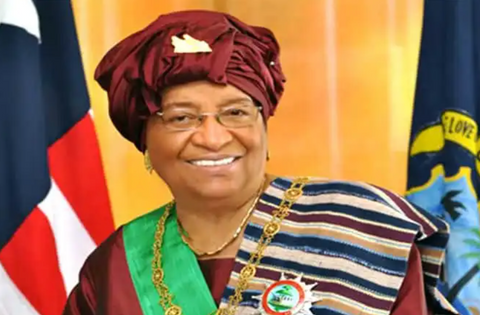
"Leadership is never given on a silver platter, one has to earn it". – Ellen Johnson Sirleaf
Ellen Johnson Sirleaf, became the first female head of state in Africa on January 16, 2005. However, her journey to being the President of Liberia was fraught with many challenges.
She was imprisoned, went into exile and had to escape from her country one too many times. Currently the President of Liberia, Sirleaf has led the people with a good hand. Liberians are now free to access government information.
Under her administration, Liberia became a debt free country. She received the 2011 Nobel Peace Prize for her work in empowering women and advocating for peace in Liberia.
#9 - Samora Machel (Mozambique)
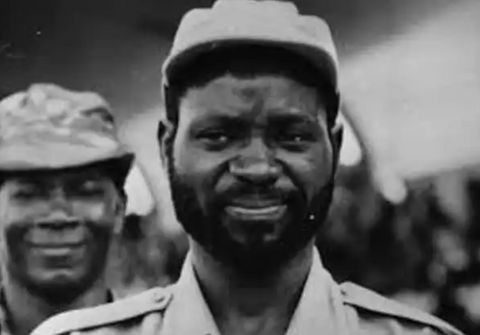
“Personalities and fame pass; the revolution must remain”. – Samora Machel
Samora Machel became the first president of Mozambique upon it independence in 1975 and served until his death in 1986.
Machel played a monumental role in Mozambique’s history. He fought relentlessly with the Portuguese to prevent them from gaining control of Mozambique.
Later, he negotiated with them for Mozambique’s independence. At the height of his political career, he died tragically in a plane crash.
#8 - Jomo Kenyatte (Kenya)
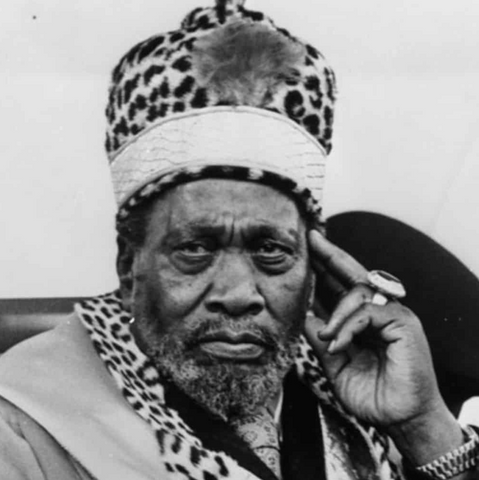
“Our children may learn about heroes of the past. Our task is to make ourselves architects of the future.” - Jomo Kenyatta
In 1963, Jomo Kenyatta became the Prime Minister of Kenya. After the country gained independence in 1964, he made Kenya a republic, thus becoming the first President of Kenya.
He served as the President from 1964 until his death in 1978. As President of the Kenya Africa Union, he traveled Kenya lecturing and campaigning for independence.
At one point, he was found guilty of being involved in a rebellion. He spent seven years in prison. Upon his release, he negotiated for and received Kenya’s independence from the British.
#7 - Thomas Sankara (Burkina Faso)
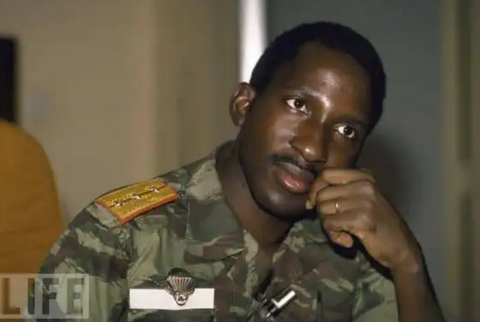
While revolutionaries as individuals can be killed can be murdered, you cannot kill ideas. – Thomas Sankara
Thomas Sankara became the President of Burkino Faso after a successful coup d’état in 1983 organized by Blaise Campaore.
After gaining office, he developed programs and implemented policies that made the country self-sufficient in its food production. He worked to improve the economy and the standard of living of each Burkinabe.
He was the first African leader to recruit women for the military and appoint them to high positions in government. A very wise man, he encouraged the use of contraception and banned female genital mutilation. Sankara was assassinated in 1987 in a coup led by Blaise Campaore.
#6 - Patrice Lumumba (Congo DRC)
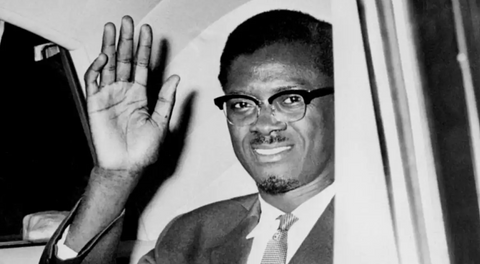
“Third World is a state of the mind and until we change our attitude as Africans, if there is a fourth, fifth and even sixth world, we will be in it.” ― Patrick L.O. Lumumba
Patrice Lumumba is remembered for his charisma, oratory skills and the major role he played in Congo DRC’s independence. He co-founded the Mouvement National Congolais Party and was the first Prime Minister of Congo DRC.
The MNC campaigned for independence and the economic growth and development of Congo DRC. Soon after the country gained independence, unrest broke out.
The country fell under the rule of Joseph Mobutu, a military leader. On January 17, 1961, Lumumba and two other leaders were killed execution-style.
#5 - Julius Nyerere (Tanzania)
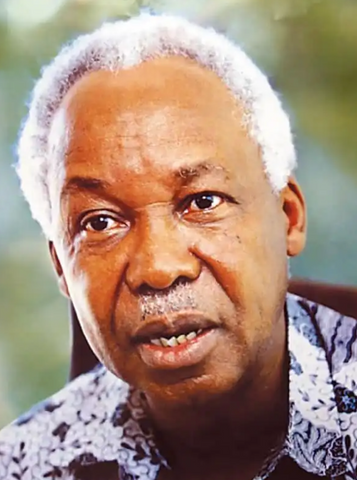
Education is not a way to escape poverty, it is a way of fighting it. - Julius Nyerere
Julius Nyerere, a teacher by choice and politician by accident, served as a leader in Tanzania from the years 1960 until his retirement in 1985.
He wrote his name in Tanzania’s history when he traveled around the country corralling the people for the movement towards independence. He served as Tanganika’s chief minister and was the first Prime Minister when Tanganika gained independence.
When Tanganika became a republic in 1962, he was the country’s first President. Nyerere, a visionary, facilitated the unification of Zanzibar and Tanganyika to form what is today Tanzania.
#4 - Haile Selassie (Ethiopia)
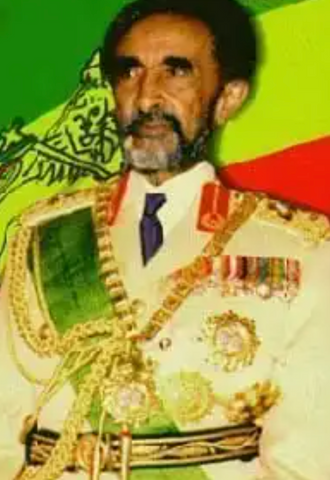
A man who says “I have learned enough and will learn no further” should be considered as knowing nothing at all.- Haile Selassie
Haile Selassie I, Ras Tafari, Lion of the Tribe of Judah, Jah is the African leader that has his own following and the religion of Rastafarianism developed around him because of his Solomonic dynasty.
Hale Selassie served as the regent of Ethiopia from 1916 to 1930 and its emperor from 1930 to1974. Ethiopia became a charter member of the UN when Selassie promised to abolish slavery.
He sought to bring modernization to Ethiopia by introducing democracy, though limited, developing infrastructure and improving education. He also played a major role in the formation of the Organization of African Unity.
#3 - Alpha Oumar Konare (Mali)
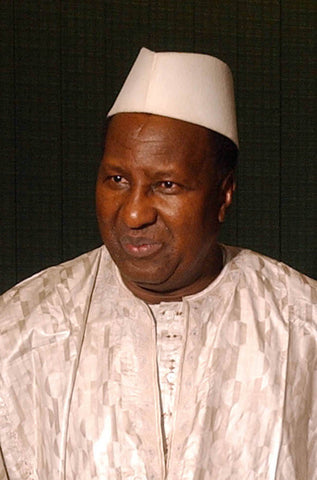
"It's not security measures, it's not prisons in Madrid and walls in Africa that will solve the problem." – Alpha Oumar Konare
Alpha Oumar Komare was the first Mali President to be elected in an election free from corruption and fraud in 1992 and was the first and only Mali president to leave office at the end of his two terms in 2002.
Komare was an advocate for peace and he campaigned for integration in West Africa. A widely respected leader, he served as the President of ECOWAS and UEMOA.
#2 - Kwame Nkrumah (Ghana)
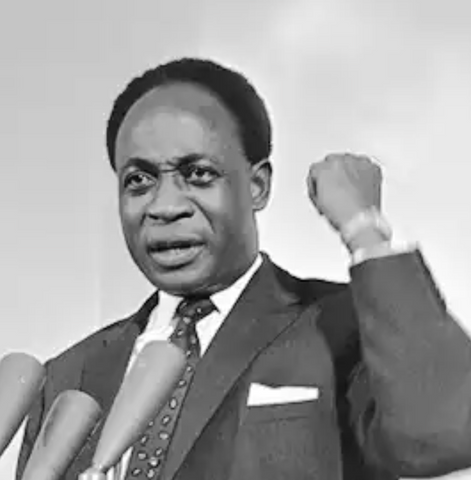
Action without thought is empty. Thought without action is blind. - Kwame Nkrumah
Throughout his life Kwame Nkrumah worked to unite Africans and was a source of empowerment for blacks all over the world. He led Ghana then called the Gold Cost to independence.
He became Ghana’s first Prime Minister and President and served between the years 1952 to 1966. His administration improved the education system and infrastructure in Ghana.
He also co-founded the Organization of African Unity which later evolved into the African Union. Widely recognized for his work in Ghana and internationally, listeners to the BBC World Service voted him Africa’s man of the millennium in 2000.
#1 - Nelson Mandela (South Africa)
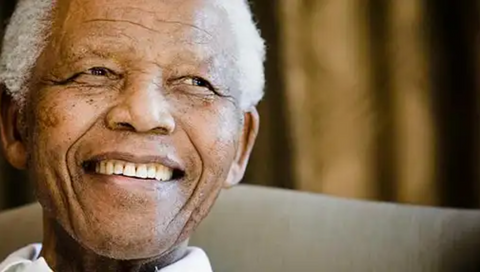
I learned that courage was not the absence of fear, but the triumph over it. The brave man is not he who does not feel afraid, but he who conquers that fear. Nelson Mandela
Nelson ‘Madiba’ Mandela is widely recognized and acknowledged for his work in South America’s anti-apartheid movement.
He became the country’s first black leader when South Africans elected him as President in 1994 and he served until 1999. Today the world celebrate him as one of the greatest leaders Africa has ever seen.
Before becoming President, he was convicted of treason and as a result spent 27 years in prison. Upon his release, he negotiated for the end to apartheid.
His administration focused on eliminating racism and improving the lives of South Africans. Among the many awards he has received is the Nobel Peace Prize.
Keep reading: 10 Most Corrupt Countries In Africa

